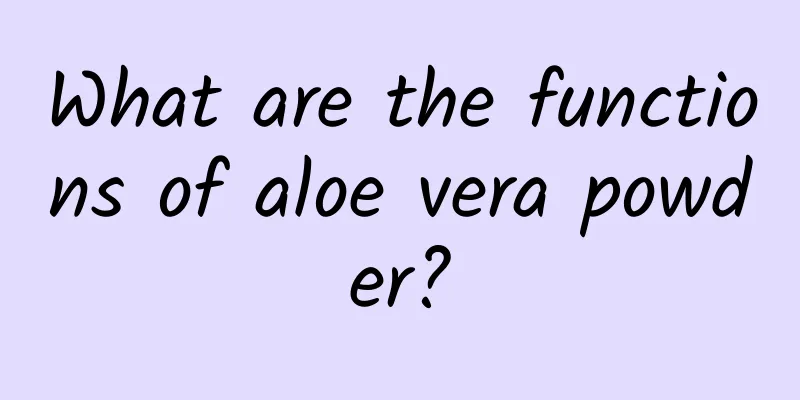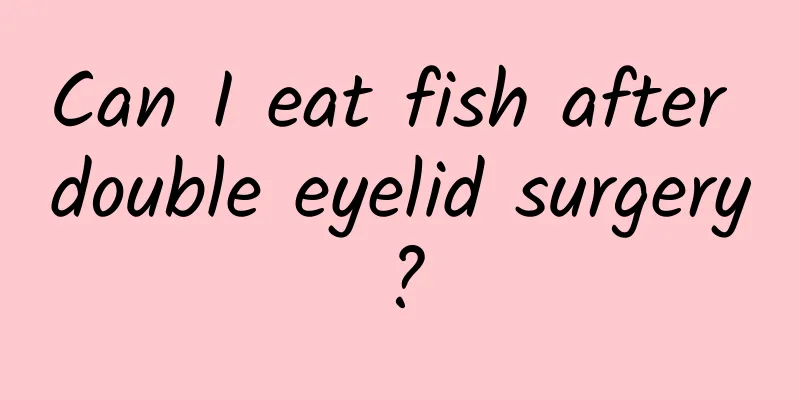Misconceptions about treating colds

|
Cold generally refers to upper respiratory infection. Cold is one of the common diseases, so we need to know more about colds, which will help us prevent and treat colds. However, due to our lack of in-depth understanding of colds, we often have some misunderstandings in the treatment of colds, which is not only not conducive to our treatment of colds, but sometimes also has a counterproductive effect. Therefore, we need to master some principles of treating colds and understand the misunderstandings in treating colds. We must avoid these misunderstandings in treating colds, so that our bodies will not be invaded by colds. Misconception 1: Thinking that getting the flu (short for influenza) vaccine can prevent colds. The flu vaccine protects against the influenza virus and is not effective in preventing the common cold. Although both are respiratory infections, they have different pathogens, different clinical symptoms, and different prevention and treatment methods. The common cold can occur throughout the year, with cases being sporadic and generally without fever in the early stages. Influenza often occurs in late autumn or winter and is caused by influenza virus infection. It is characterized by being epidemic and transmitted through airborne droplets, which can cause regional, national, or even global pandemics. The prominent symptoms of the disease are sudden onset, chills, high fever, muscle aches all over the body, etc., and the incidence of combined respiratory bacterial infection is high. Misconception 2: Thinking that you can cure a cold by simply closing doors and windows, covering your head while sleeping, and sweating profusely. This is just an illusion, because the body seems to feel more relaxed after sweating, but it cannot shorten the course of the disease, let alone cure it. When people have a cold, they eat less and have a weaker constitution. If they sweat profusely, they can easily become dehydrated and collapse, which reduces their resistance and further worsens their condition. Patients with colds should pay attention to keeping warm and maintaining indoor air circulation, and drink plenty of boiled water to replenish body fluids and excrete toxins in the body in a timely manner. Misconception 3: You should avoid certain foods when you have a cold, such as eggs, milk, etc. A cold will cause a loss of appetite, and symptoms such as runny nose, cough, and fever will increase the body's energy consumption. If energy is not replenished in time by strengthening nutrition, the course of the disease will be prolonged. Therefore, after catching a cold, you should eat more easily digestible food with light taste, and consume more protein, vitamins and trace elements, such as lean meat, fish, eggs, vegetables, fruits, etc., which will help recovery. Misconception 4: After catching a cold, you use antibiotics, antipyretics, analgesics, Chinese patent medicines, vitamins and other medicines at the same time, thinking that the more medicines you take, the faster the cold will heal. Most common colds are caused by viral infections. Antibiotics are not only ineffective against viruses, but may also cause adverse drug reactions due to abuse. At the same time, most medicines for treating colds are compound preparations, most of which contain antipyretics and analgesics. If a mixture of types is taken, it may lead to drug overdose. For example, the daily dose of acetaminophen (paracetamol) for adults should not exceed 2 grams, and taking more than two preparations containing such drugs may cause drug overdose. Misconception 5: Thinking that a cold is a minor illness and that you should continue to work despite being sick. Medical practice has proved that when sleep is reduced, overworked, and cold stimulation occurs, the body's resistance decreases, and bacteria and viruses take advantage of the situation to invade and induce disease. Especially if you do not pay attention to rest after catching a cold, pathogens will easily invade other parts of the body, and secondary infection will cause purulent tonsillitis, purulent sinusitis, bacterial bronchitis, and some patients may also develop serious diseases such as pneumonia, myocarditis, and nephritis. Especially for the elderly and patients with chronic diseases, chronic diseases such as chronic bronchitis, bronchial asthma, heart disease, kidney disease, cancer, etc. may be aggravated or worsened, and even life-threatening. Therefore, sleep and rest are effective ways to restore health and shorten the course of illness. In addition, many compound drug preparations for treating colds contain ampheniramine maleate (chlorpheniramine), which can easily cause adverse reactions such as drowsiness and is not conducive to patients' persistence in work. Above we introduced what a cold is. We know that a cold is an upper respiratory tract infection. The occurrence of a cold brings a lot of trouble to patients. We must find ways to prevent and treat colds, but we often make some misunderstandings in the treatment of colds. The above article introduces in detail five common misunderstandings in the treatment of colds. |
<<: What is the difference between Tuina and Massage in Traditional Chinese Medicine?
>>: Chinese medicine for cough
Recommend
The difference between cat's eye grass and lacquer
Cat's eye grass and lacquer are both plants o...
What to do if your nose is burning?
People with a hot nose should be careful not to p...
The main symptoms of early hemorrhoids in women
Hemorrhoids are very common in life, and women ar...
What is plum pit qi?
I believe many people are familiar with plum pit ...
The causes of fat particles on the face
It is quite common to have fat particles on the f...
Symptoms of rheumatoid arthritis in the knee
Many times, we neglect some things, such as healt...
Wolfberry
Wolfberry is a long-standing Chinese medicinal ma...
Clinical Application of Wild Ginseng
Wild ginseng is actually a type of ginseng. It is...
Clinical manifestations of cerebral leukodemyelination
White matter is an important substance in the hum...
What is aortic atherosclerosis?
The aorta is the most important blood vessel in t...
Treatment of combined fungal and mycoplasma infections
After the combined infection of fungi and mycopla...
How to lose weight if your spleen and stomach are not in good condition? Regulating the spleen and stomach is the key
In modern life, many people have irregular eating...
Pain under the lowest rib
When you feel pain on the outside of your chest, ...
Black cohosh's efficacy, effects and contraindications
Black cohosh is a popular medicinal plant native ...
Rheumatoid precautions
Rheumatoid arthritis is a common immune disease. ...









